
Wolf Warrior Versus Positive Diplomacy
Fri, 25 Sep 2020 | Reading Time: 5 minutes

Embassies and consulates are meant to enhance bonding between nations and project a positive image of their state to the host nation. Thus, heads of missions are generally witnessed at public events, participate in discussions and even host events showcasing their nation’s strengths and soft power. Even when there are differences between nations, the head of the mission is responsible to have them resolved through positive dialogue, thereby restoring ties. As a rule, offensive diplomacy is discouraged.
Diplomacy is built on three pillars, economic, military and soft power. These combined provide the diplomat the leverage to project a positive image and enhance ties beneficial to both nations. However, when missions begin to challenge policies and announcements of the host nation by intimidation and threats, it has a negative impact and reverses efforts of decades in enhancing ties.
This is the difference in diplomacy between the Chinese approach and India. China possessed ample level of each pillar and was a nation sought after, mainly due to its economic might and being the global supply chain, despite its human rights violations, seeking to grab assets of lesser developed nations by funding development on the pretext of the Belt Road Initiative and announcing the nine dash line to take control of disputed islands in the South China Sea (SCS).
Its soft power based on its history, culture, ancient civilization and teachings remained at the forefront of its diplomacy. It had become the largest trading partner of most nations and groupings including ASEAN and the European Union. The trade dispute with the US was ongoing and heading towards resolution. All this changed with COVID 19.
The fact that the first state to report the existence of the virus was China, is well established. It is also accepted that China hid the truth on the spread of the virus, its manner of spread and its origins, letting the pandemic hit the globe. The initial movement of the virus was through those who travelled globally from Wuhan, which was the epicentre. It was also the first nation to be economically impacted by the virus and has been claiming recovery from it, though doubted by the globe.
To hide its intentions, China took the strongman approach and challenged accusations through what has been established as ‘wolf warrior diplomacy.’ This led to global anger, as in every nation, China accused the host government of being biased and on occasions even threatened them with economic retaliation. Such offensive diplomacy bounced back. Examples of strong wolf warrior diplomacy include nations in Europe, Australia, UK, Brazil, Venezuela, Canada, Singapore and the US. In most nations, China lost goodwill.
While the seeds for this aggressive diplomacy were laid last year, when Wang Yi, the Chinese foreign minister, briefed his diplomats stating they needed to be more assertive in representing Beijing’s interests overseas and vocal in defending the Chinese communist government from criticism, they took effect post the pandemic. This approach has been officially defended by the Global Times, stating in April this year, ‘the days when China can be put in a submissive position are long gone. China’s rising status in the world requires it to safeguard its national interests in an unequivocal way.’
Issues concerning China, which the world had ignored, started rising in retaliation. Hong Kong, Uighurs, disputes over islands in the SCS and its approach to Taiwan were now being questioned. The recent failed visit of Wang Yi to Europe and nations ignoring and crossing Chinese red lines became more frequent. China could only retaliate in propaganda publications, none of which were taken seriously.
Four out of five nations which Wang Yi visited in Europe openly questioned him in Hong Kong. His claim of it being an internal matter was disregarded and he was forced to defend the indefensible. Wang’s comments on the visit of the Czech leader to Taiwan was criticised in a joint conference in Germany by his German counterpart. The European Union, with a combined economy larger than the US and China, which should have welcomed Chinese cooperation, responded in anger.
Andreas Kluth writing for Bloomberg on 5th Sep mentioned, ‘China’s diplomats were already having a terrible year in Europe, but this week they managed to make it even worse. Wang showed up hoping to hear the softer tones to which he is accustomed from Europeans, who remain more eager than Americans to keep trading and doing business with China. Instead, he was surprised at the amount of resistance he was picking up underneath the formal niceties.’ European nations banned Huawei, despite Wang’s pleading, and created an Indo-Pacific economic alliance, disregarding China.
Wolf warrior diplomacy also led to nations joining hands to form alliances to challenge Chinese hegemony and assertiveness in the region, enforce freedom of navigation through the SCS and relocate supply chains from Chinese soil. Nations, led by the US and Japan, began offering incentives to their companies to move manufacturing from China. The QUAD, which till then was only on the drawing board, now appears to be a reality.
These global actions led to China displaying its next level of power which was asserting its military might to project a strongman image of a nation willing to fight for its rights. Its forays into Ladakh, increase of threats against Taiwan and aggressiveness in the SCS are indicative of this. It only added to global anger, pushing China into isolation.
India has, on the contrary, pursued a mature diplomatic approach, employing all three pillars effectively. Its soft power has always had global outreach and has only been enhanced by the UN accepting international Yoga Day. It has faced global criticism on some internal decisions, whether it is Citizen Amendment Act, National Register for Citizens or abrogation of article 370 without rebounding and challenging the critics. Indian heads of mission spent time explaining Indian logic for its actions, reducing differences and enhancing ties. India’s staring down the dragon, while seeking a diplomatic solution to the crisis has enhanced its global standing.
Indian outreach has been such that global leaders have been rushing to India to sign economic and military cooperation agreements. India has signed multiple logistics agreements enhancing the reach of its naval power. Nations, apart from China, have supported India in its quest to join the Nuclear Supplier Group and the UNSC as a permanent member. This mature diplomacy, in contrast to China, has benefitted India. Attempts by China and Pakistan to corner India in the UNSC and other global forums have come to naught.
There have been shortcomings to Indian diplomacy, and these are closer home. Within South Asia, India has been unable to reduce Chinese economic and diplomatic influence. It is known that India cannot match Chinese financial largesse; however, it has failed to convince South Asian nations on the drawbacks of accepting high interest Chinese loans instead of similar loans from other global financial institutions.
Post the Galwan incident; while nations across the globe offered condolences on loss of lives, there was pin drop silence from the South Asian region. It could be due to maintaining neutrality, however, is more likely leaning towards China. Chinese influence is openly visible in Sri Lanka, Nepal and Bangladesh, despite Indian efforts to pull these nations away. Maldives is possibly the only success story.
Bhutan remains at the crossroads as border talks with China are expected to commence shortly. It may be resolved in Bhutan’s favour in return for the opening of a Chinese embassy in the state. This may impact Indian influence in the long term.
China, by its wolf warrior diplomacy, is losing global support. It may be considered by few to be a sign of bravado, display of its economic and military power; however, realistically it is a signal that the globe is working in unison to push down Chinese power. National power flows from economic might and this is what nations seek to strike. It is visible in nations removing economic and other privileges which Hong Kong enjoyed, moving manufacturing from China and projecting military power in the SCS.
India must seek to exploit global pressure on China in its immediate neighbourhood. It must reorient its diplomatic policy towards neighbours first and regain its local stature. Unless it pushes China back from its immediate neighbourhood, it would never be immune from Chinese pressures.
The views expressed are of the author and may or may not represent the views and policies of Chanakya Forum.
Disclaimer
The opinions expressed in this article are the author’s own and do not reflect the views of Chanakya Forum. All information provided in this article including timeliness, completeness, accuracy, suitability or validity of information referenced therein, is the sole responsibility of the author. www.chanakyaforum.com does not assume any responsibility for the same.
Chanakya Forum is now on . Click here to join our channel (@ChanakyaForum) and stay updated with the latest headlines and articles.
Important
We work round the clock to bring you the finest articles and updates from around the world. There is a team that works tirelessly to ensure that you have a seamless reading experience. But all this costs money. Please support us so that we keep doing what we do best. Happy Reading
Support Us




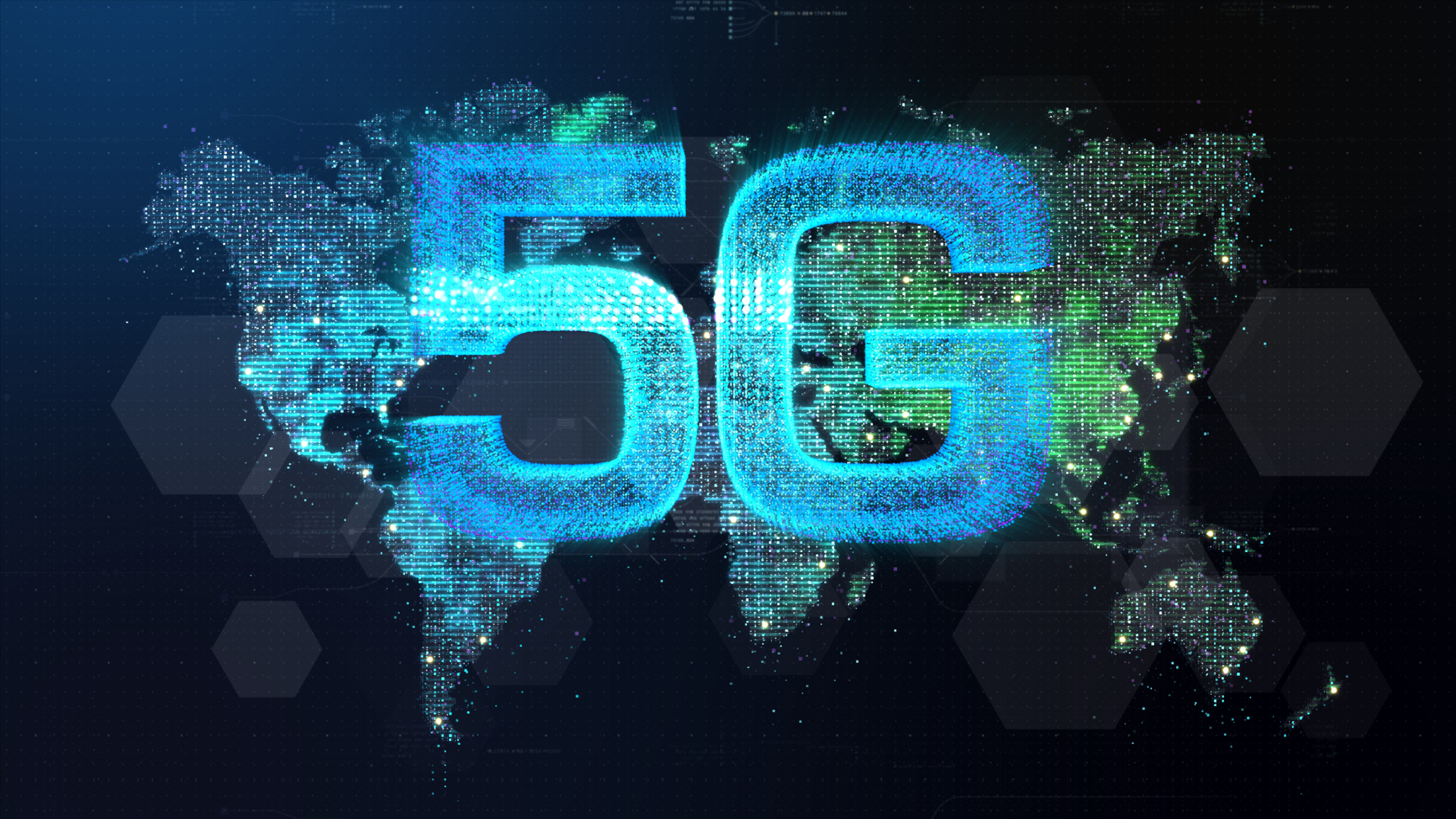
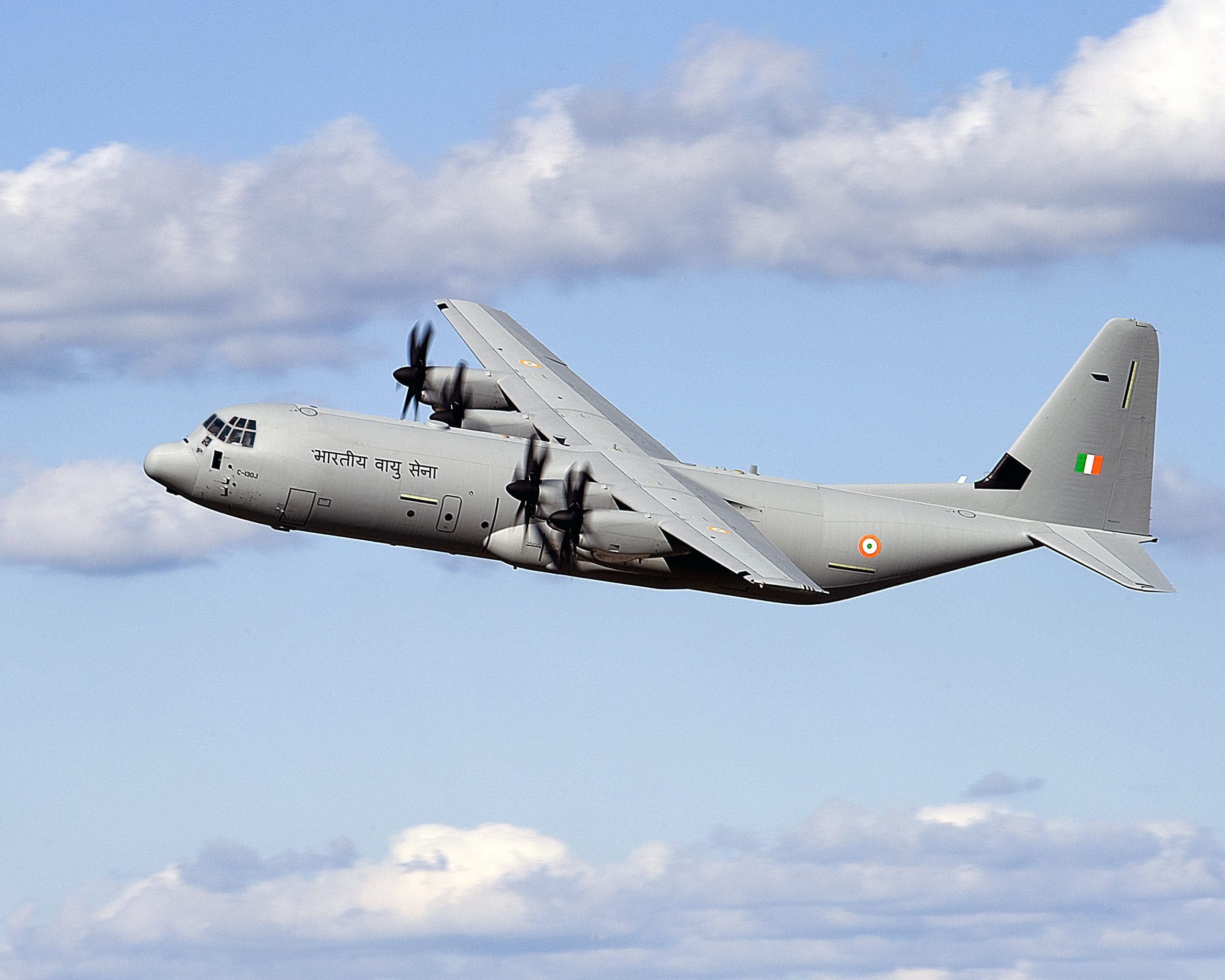

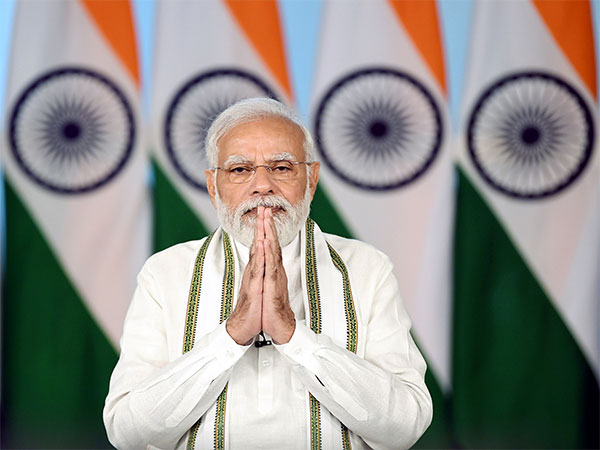



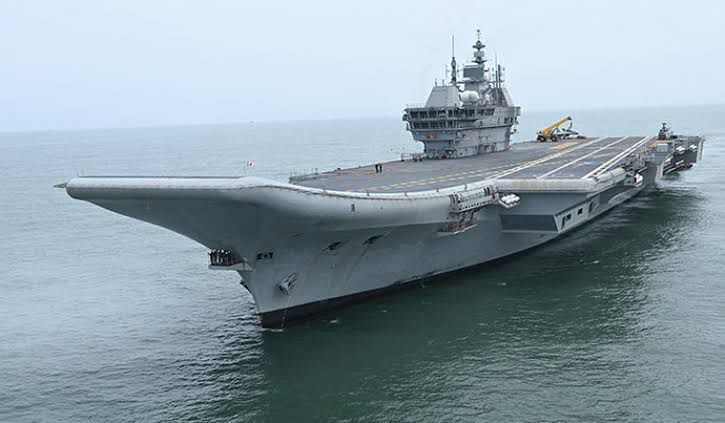

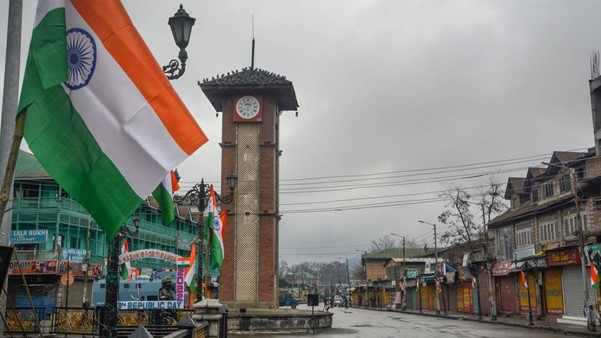






POST COMMENTS (1)